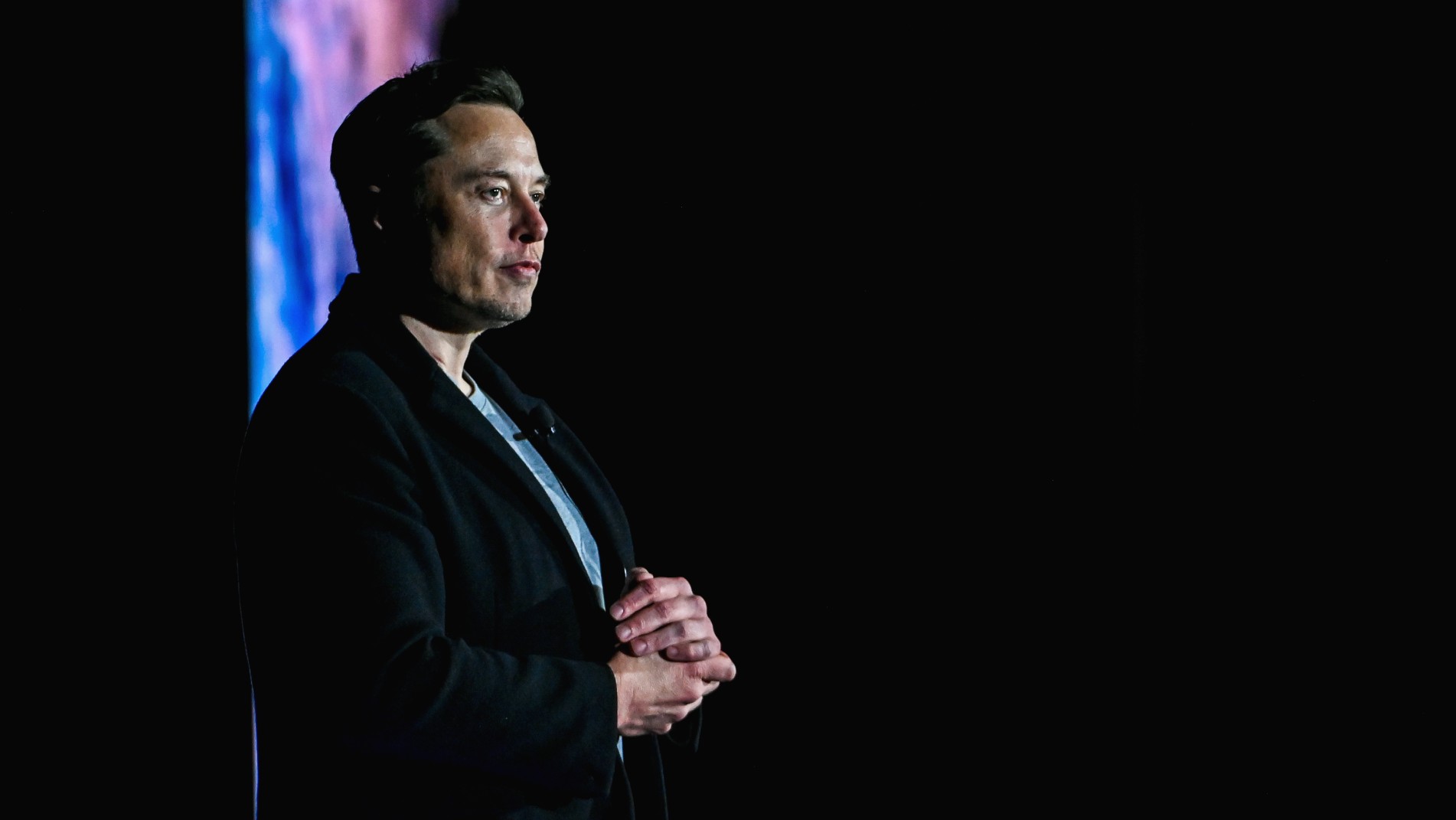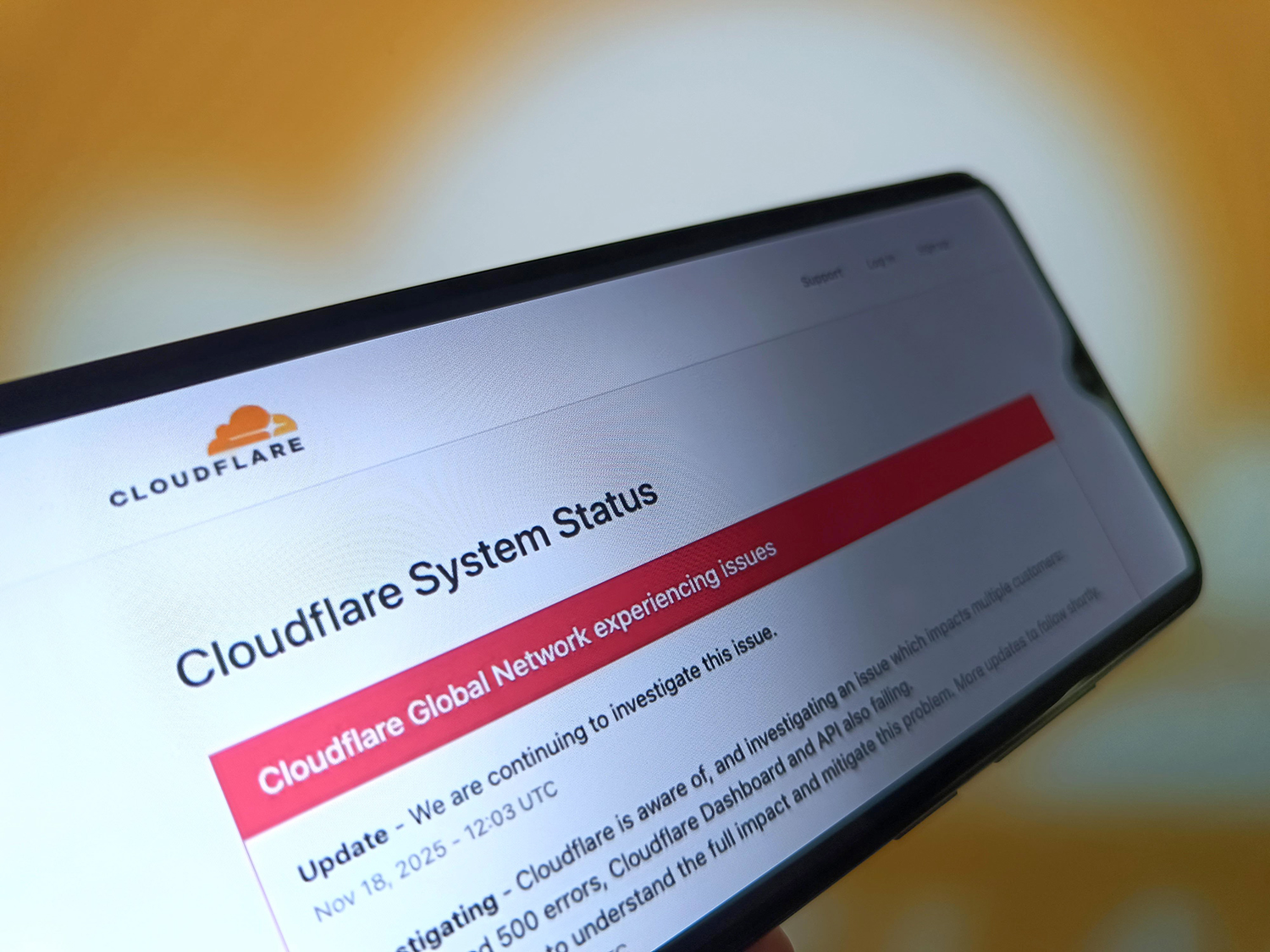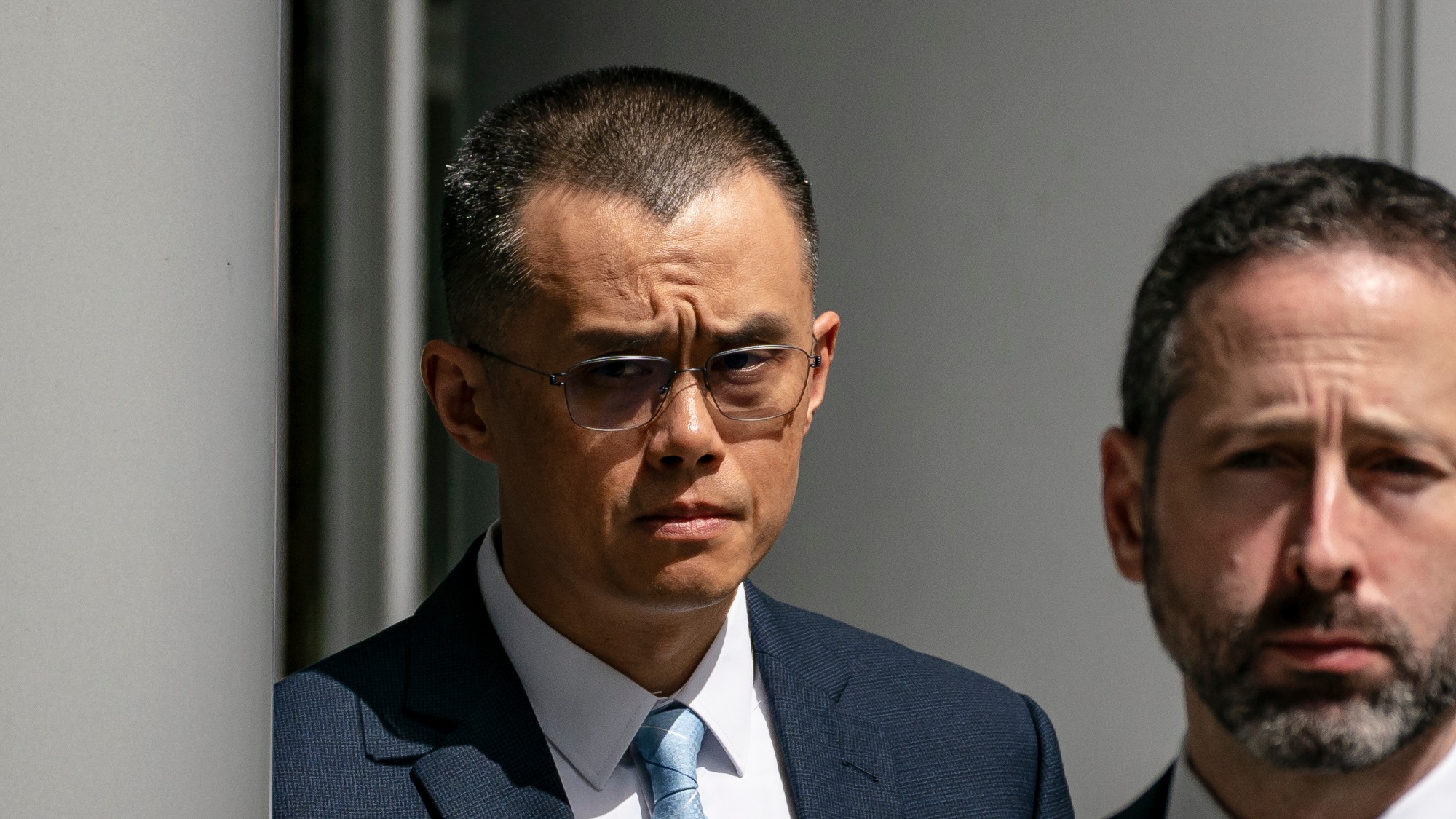Elon Musk: the shocking degree of power wielded by an erratic billionaire
Washington has spent billions pushing for alternatives to SpaceX, but they’ve failed to deliver

A free daily email with the biggest news stories of the day – and the best features from TheWeek.com
You are now subscribed
Your newsletter sign-up was successful
Forget his wealth, said Ronan Farrow in The New Yorker. It’s the sheer power Elon Musk wields today that should shock us. The billionaire’s rocket company, SpaceX, is currently the sole means by which Nasa can get astronauts into space from US soil. Another of his ventures, Tesla, controls the nation’s biggest network of electric-vehicle charging stations.
Musk’s Starlink satellite internet service, meanwhile, is Ukraine’s main battlefield communication tool. Pentagon officials had to plead with Musk last autumn after some Ukrainian units lost access to it. Musk had earlier demanded that the US pay for Ukraine’s discounted Starlink service, and had started pushing a pro-Russia peace plan, apparently dreamed up after one-to-one talks with Vladimir Putin. The US has now struck a deal on Starlink, but Pentagon officials remain uneasy about their reliance on Musk. “We are living off his good graces,” said one. “That sucks.”
Musk’s erratic behaviour makes his level of influence all the more alarming, said Peter Csathy in The Wrap. Look at his disastrous efforts to remake X, formerly known as Twitter. Since buying the platform last year, he has alienated advertisers and users by letting hate speech flourish and by firing staffers responsible for maintaining critical infrastructure.
The Week
Escape your echo chamber. Get the facts behind the news, plus analysis from multiple perspectives.

Sign up for The Week's Free Newsletters
From our morning news briefing to a weekly Good News Newsletter, get the best of The Week delivered directly to your inbox.
From our morning news briefing to a weekly Good News Newsletter, get the best of The Week delivered directly to your inbox.
For now, Washington is stuck with Musk, said Tim Fernholz on Quartz. It has spent billions trying to build Boeing and Blue Origin into private alternatives to SpaceX, but they’ve failed to deliver. Musk’s firms provide good value to Nasa and the Pentagon; and he, in turn, is reliant on state funding. It was an “incredible stroke of luck” for Musk that Ukraine’s needs emerged just as Starlink was desperately searching for new markets. But this co-dependency isn’t healthy.
It needs fixing, agreed The Washington Post. Ukraine is unlikely to be the last US ally to need the sort of emergency, high-speed internet access Starlink provides. Were Beijing, say, to sever Taiwan’s undersea cables in a conflict, could Washington count on Musk, given that Tesla “depends on its ability to produce cars in China”?
Fortunately, the Pentagon has created a $1.5bn scheme to launch 72 low-orbit satellites of its own. It’s not a great number – Musk has more than 4,500. But it should ensure that “Starlink is no longer the democratic world’s only good option”. A single man must never again have such control.
A free daily email with the biggest news stories of the day – and the best features from TheWeek.com
-
 5 blacked out cartoons about the Epstein file redactions
5 blacked out cartoons about the Epstein file redactionsCartoons Artists take on hidden identities, a censored presidential seal, and more
-
 How Democrats are turning DOJ lemons into partisan lemonade
How Democrats are turning DOJ lemons into partisan lemonadeTODAY’S BIG QUESTION As the Trump administration continues to try — and fail — at indicting its political enemies, Democratic lawmakers have begun seizing the moment for themselves
-
 ICE’s new targets post-Minnesota retreat
ICE’s new targets post-Minnesota retreatIn the Spotlight Several cities are reportedly on ICE’s list for immigration crackdowns
-
 Silicon Valley: Worker activism makes a comeback
Silicon Valley: Worker activism makes a comebackFeature The ICE shootings in Minneapolis horrified big tech workers
-
 AI: Dr. ChatGPT will see you now
AI: Dr. ChatGPT will see you nowFeature AI can take notes—and give advice
-
 Metaverse: Zuckerberg quits his virtual obsession
Metaverse: Zuckerberg quits his virtual obsessionFeature The tech mogul’s vision for virtual worlds inhabited by millions of users was clearly a flop
-
 The robot revolution
The robot revolutionFeature Advances in tech and AI are producing android machine workers. What will that mean for humans?
-
 Texts from a scammer
Texts from a scammerFeature If you get a puzzling text message from a stranger, you may be the target of ‘pig butchering.’
-
 Blackouts: Why the internet keeps breaking
Blackouts: Why the internet keeps breakingfeature Cloudflare was the latest in a string of outages
-
 AI agents: When bots browse the web
AI agents: When bots browse the webfeature Letting robots do the shopping
-
 Why Trump pardoned crypto criminal Changpeng Zhao
Why Trump pardoned crypto criminal Changpeng ZhaoIn the Spotlight Binance founder’s tactical pardon shows recklessness is rewarded by the Trump White House